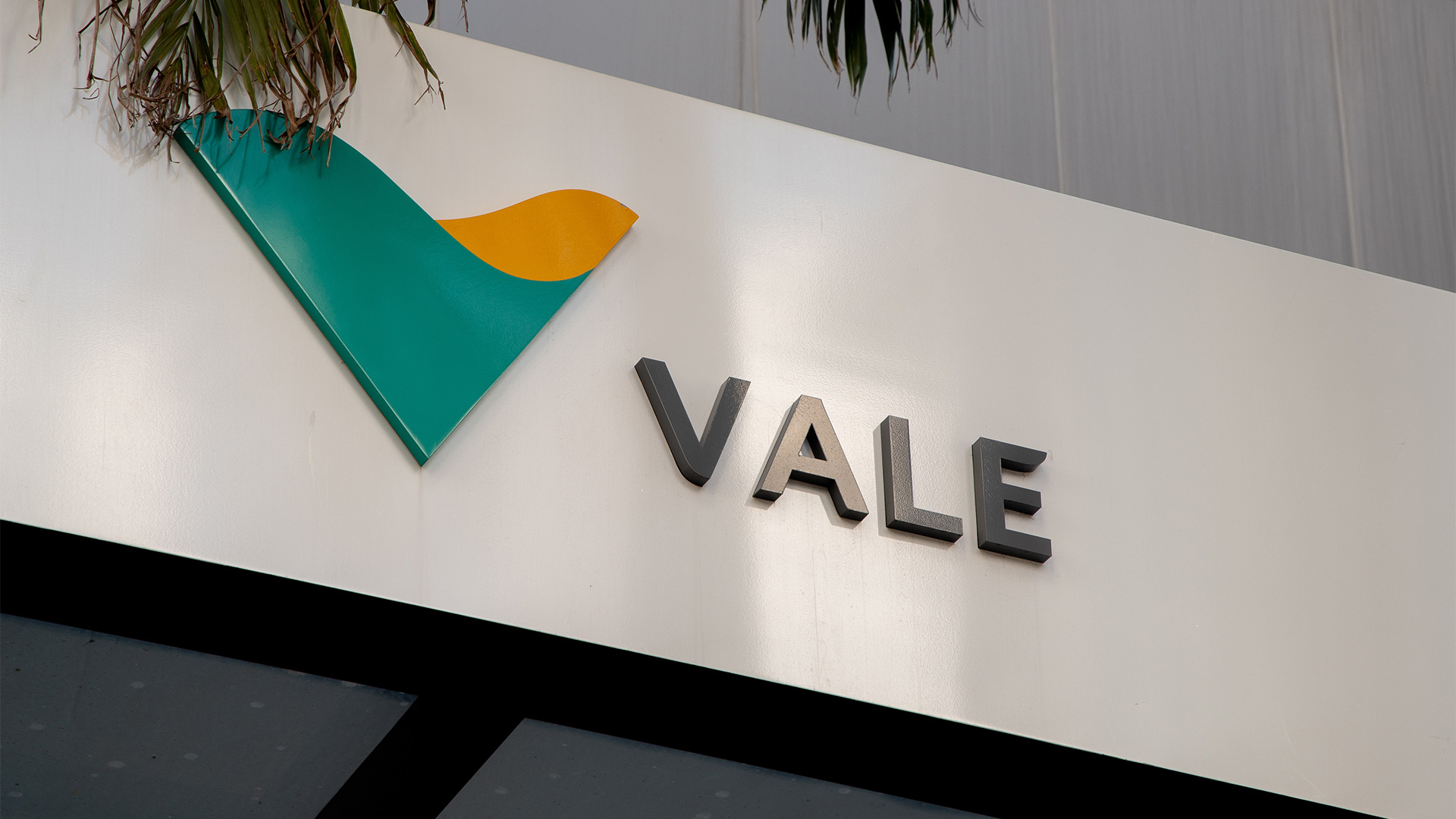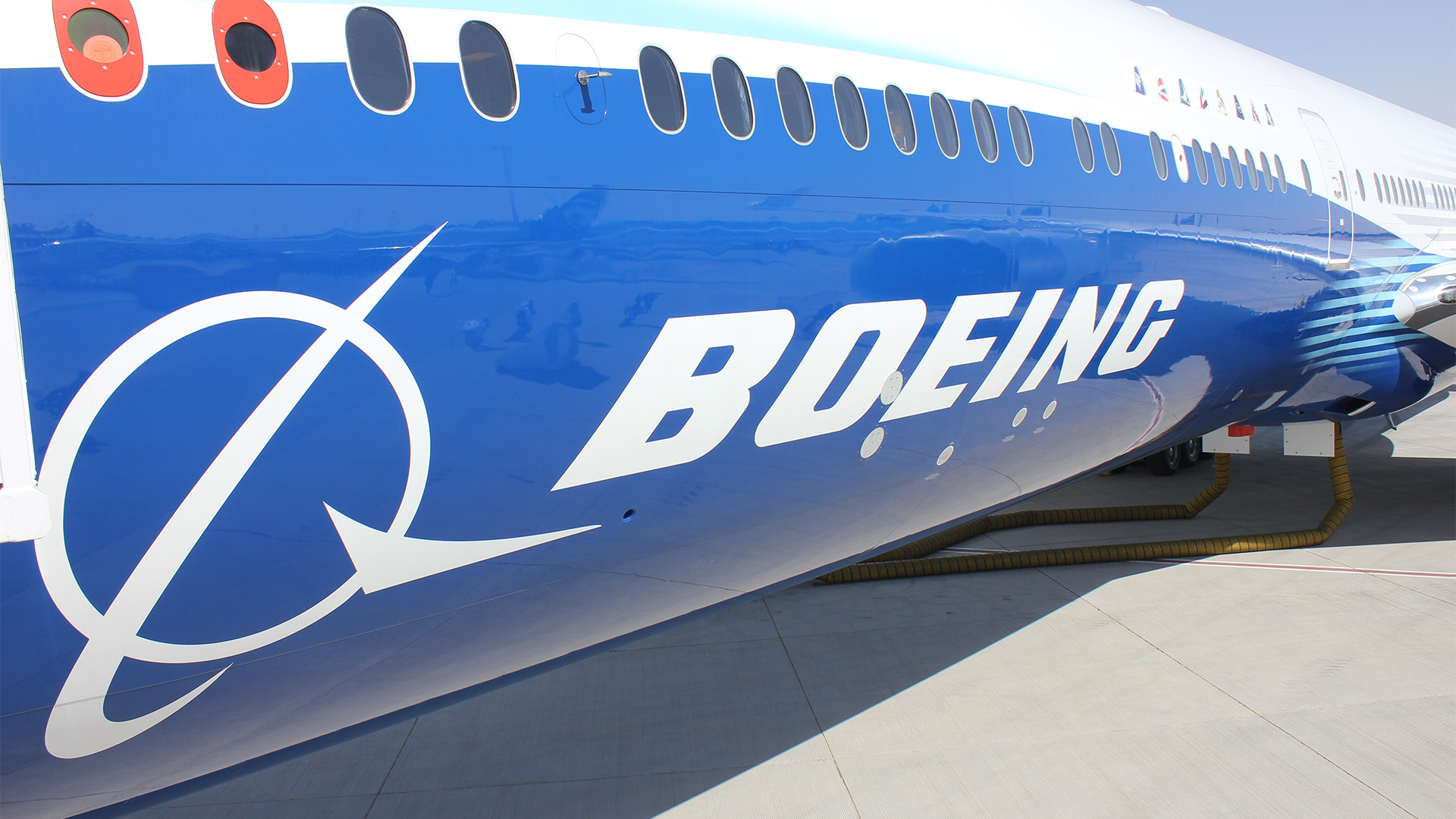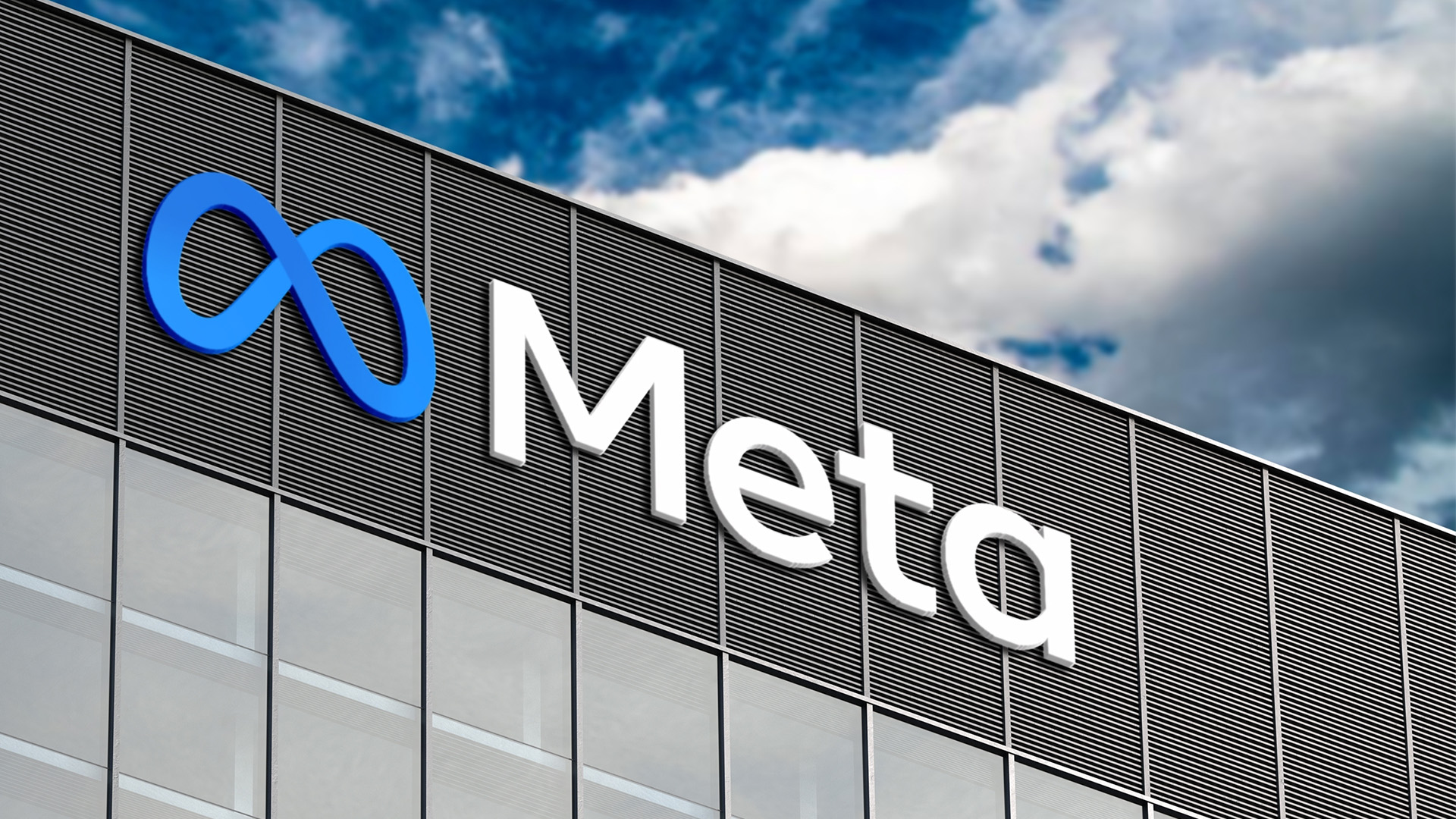The negative forces impacting the EV sector intensified last week, with Tesla unveiling another round of start-of-the-year price cuts in the fiercely competitive Chinese market. Meanwhile, Hertz, a major US car rental firm, announced it has commenced selling a significant portion of its electric vehicle fleet due to high maintenance costs. Notably, around 80% of Hertz's 60,000 EV fleet comprises Teslas.
Less than a year ago, Hertz, in a grand move, incorporated EVs into its fleet, but it is now selling off a third of its EVs, including Chevrolet Bolts, Volvos, Polestars, and Teslas. The decision, driven by increased repair costs and higher depreciation for EVs, especially Teslas, will significantly impact Tesla's home market.
Hertz attributed part of its challenges to Tesla's price cuts, which adversely affected the resale value of its EVs. Despite EVs generally costing less to maintain, Hertz CEO Stephen Scherr highlighted the higher damage-repair costs and increased depreciation, with EVs experiencing collisions more frequently.
Hertz anticipates a loss of approximately $245 million due to EV depreciation but expects reduced costs in the 2024 financial year with a smaller EV fleet. Interestingly, Hertz plans to replace the sold EVs with low-cost, petrol-driven US vehicles.
In China, Tesla responded to the competitive landscape by cutting prices for the Model 3 sedan and Model Y SUV for the second consecutive year. This move follows Tesla's earlier price increases in China, which some speculate were aimed at encouraging customers to take delivery before the end of 2023.
Tesla, with its Shanghai factory boasting an annual capacity exceeding 950,000 vehicles, experienced significant growth in China, selling 603,664 vehicles in 2023, marking a 37.3% YoY increase. However, the company also triggered a fierce price war in China with a substantial price cut on January 6, 2023.














